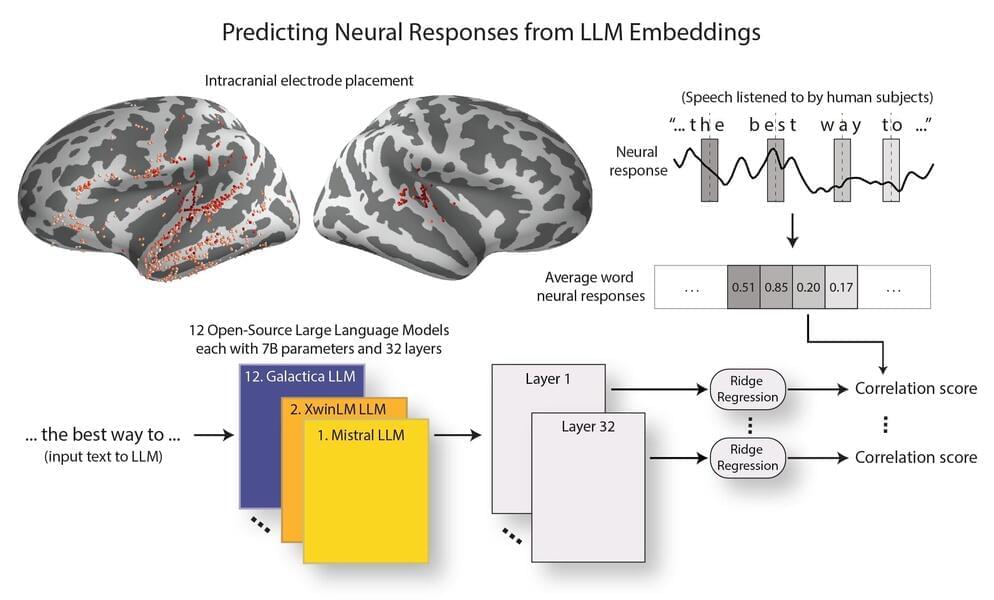It has gotten to the point now that I find myself trying to make sense of them all. If you were to read them, what would you learn about me and my beliefs? Are there any coherent themes and patterns within these papers? I think there are and this is my attempt to hunt them out. I’m sure this will seem self-indulgent to some of you. I can only apologise. It is a deliberately self-indulgent exercise, but hopefully the thematic organisation is of interest to people other than myself, and some of the arguments may be intriguing or pique your curiosity. I’m going to keep this overview updated.
Reading note: There is some overlap in content between the sections below since some papers belonged to more than one theme. Also, clicking on the titles of the papers will take you directly to an open access version of them.








